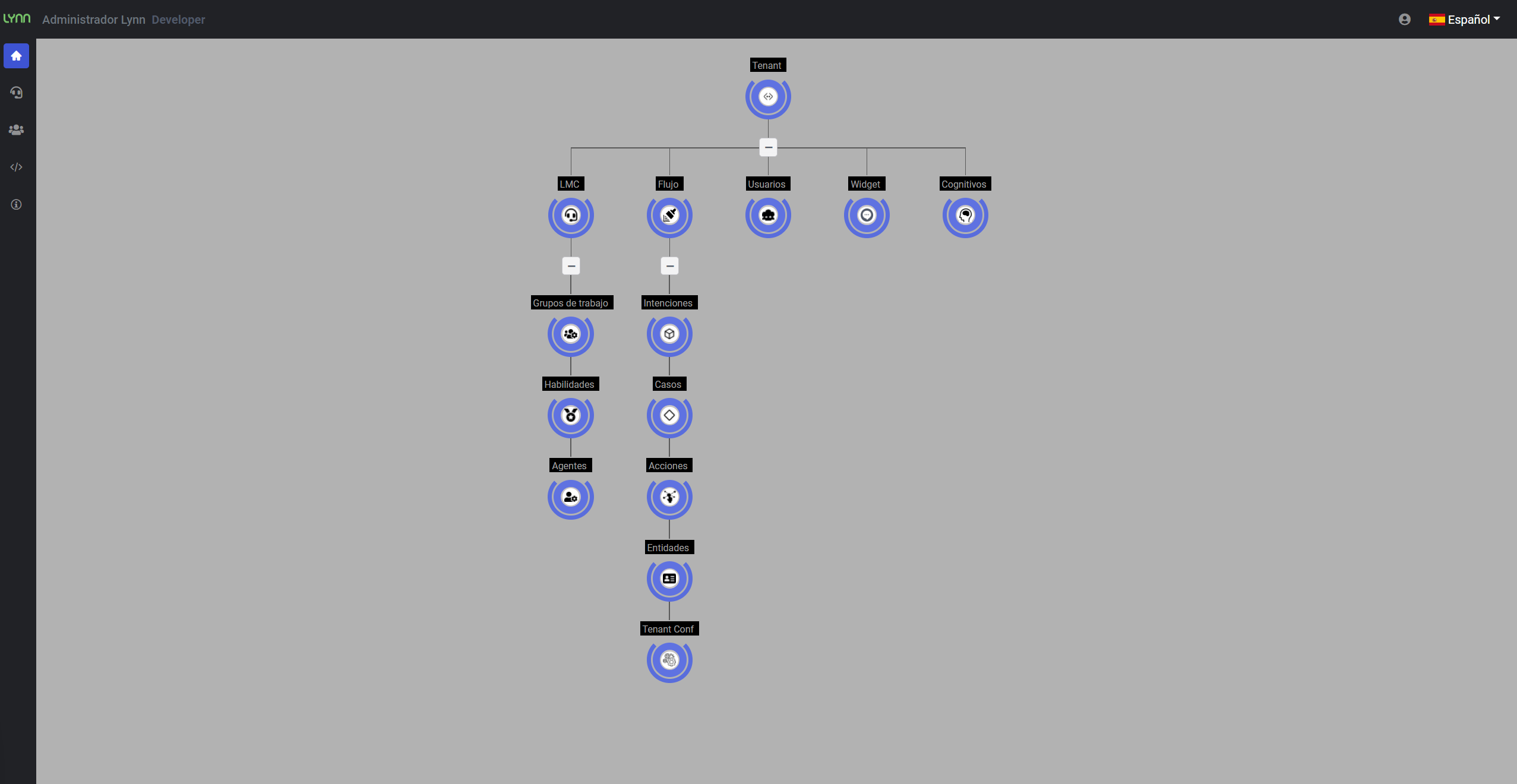Evaluation of Channels
There is a variety of channels capable of establishing complex and transactional integrations offering the possibility of establishing conversations similar to traditional chats, however, each channel has unique characteristics coming from its nature, especially social networks. These characteristics define the integration model, the capabilities and limitations that govern the integration. It is important to be aware of all the scope and know where to consult these policies and limitations of said social network providers. In particular cases, integrations of non-transactionally oriented channels may not meet the desired purpose or use case simply because it does not fit the limitations promoted by the provider of that service.
Here are some reference links to the main social network consultation media:
Scope of a channel
The scope of a channel refers to the integration model offered by the provider of said channel, as well as the tools available for different business models.
Integration Scope of a Channel
It is defined by the integration proposal that derives from the connector design available in Lynn, as well as the resources and policies in force of the channels for the design and integration of applications.
Classification of Channel
Channels in Lynn are usually classified according to the level of requirements proposed by the provider of said channel for its operation with an integration to the messaging core.
The classification levels are:
Easy Level
It only requires the identification of the channel to be integrated and through OnClick it is It is possible to automatically generate the channel coupling.
Medium level
In addition to identification, it requires additional parameters to be configured on the destination channel interface.
Advanced level
Involves the deployment of a supplementary application or additional connector in the destination channel interface which is subject to policy reviews and signatures of data use contracts.
All the resources present in the channel integrator module facilitate the configurations and highly automate connections and configurations necessary to establish a channel in Lynn, see the features of the channel configurator module to know its offer.
Channel restrictions
The restriction of a channel is any policy of use or technical limitation associated with an integration that limits or prevents the implementation of a feature in a given exploitation use case. Lynn is not currently implements channel restrictions on the interactions or the models of proposed integration, the limitations are mainly perceived as Third Party Provider Policies.
Types of channel restrictions
Service Restriction
Limit the availability of the service or condition access to certain resources.
Subscription restriction
Associated with the application subscription interface on the destination channel limit by quota or use case access or scope of integration.
Restriction of use
They derive mainly from the conditions and policies of use established by the provider, most integrations are technically possible in Lynn without However, the restrictions of each provider can cause problems of access or Channel account blocking for misuse. You can check the restrictions of channel according to the policies updated with your provider.
Environment manager
The environment manager is the component that is in charge of managing the resources and states of the environments.
It can be managed through the environment management interface of a applicative.
Its capabilities are as follows:
-
Identify resources between environments.
-
Approve states of elements between environments.
-
Supervise the synchrony of the environments.
-
Uploading and downloading designs associated with an application.
-
Progression between element environments.
-
Control resources of LMC environments.
-
Udit of modifications to application states.
